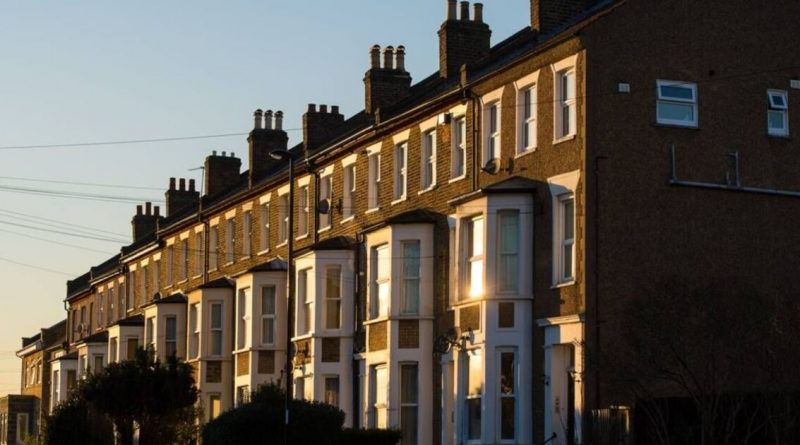Two-thirds of tenants fear eviction after ban lifted, survey finds | Personal Finance | Finance
A survey has found that nearly two-thirds of tenants are worried about being kicked out now that a ban by the Scottish Government has ended.
The poll, conducted by tenants’ union Living Rent between December and March, revealed that 62 percent of 903 private renters questioned were concerned about losing their homes.
In response to the cost-of-living crisis, the Government put a stop to rent increases and evictions in 2022, but this ended at the end of March.
These rules were replaced with a stronger system for dealing with rent increases, allowing them to go up by six percent or less, but no more than 12 percent.
Last month, ministers also shared the long-awaited Housing (Scotland) Bill, which includes plans for areas where rents can be controlled if they’re too high.
In the same survey, 98 percent of people said worries over rent increases and eviction had affected their mental health, while 85 percent think a price hike will impact their quality of life, with 73 percent saying they’ll have to cut back on non-essentials.
Ruth Gilbert, who works on national campaigns at Living Rent, said the survey shows the “crisis” facing renters in Scotland.
“Now that the rent cap and eviction ban have ended, tenants are faced with a tidal wave of evictions, rapid increases in homelessness, and an overall rise in poverty,” she said.
“We know we cannot trust landlords to regulate themselves.”
“Though the Government has announced their Housing Bill, it will be years before tenants feel its protections.”
“Current regulation is not strong enough. The rent adjudication measures are complex and unworkable and landlords will continue to exploit every loophole possible to increase rents and displace tenants.”
“Our findings should be a call to MSPs to champion thorough and robust legislation that puts the hundreds of thousands of tenants first.”
“Tenants need a robust system of rent controls tied to the property, not the tenancy, which protects all tenants.”
John Blackwood, who is the boss of the Scottish Association of Landlords, asked for an end to “stop-gap measures” from the Scottish Government which have not worked well.
“We need to see an end to political rhetoric demonising private landlords and a co-ordinated solution which encourages investment in social housing, council housing, the private rented sector and new owner-occupied homes,” he said.
“Only with that kind of co-ordinated, partnership approach can we make it affordable for landlords to continue to let out homes to rent while increasing supply of all types of housing to make sure that everyone can have the home they deserve at a cost they can afford.”




